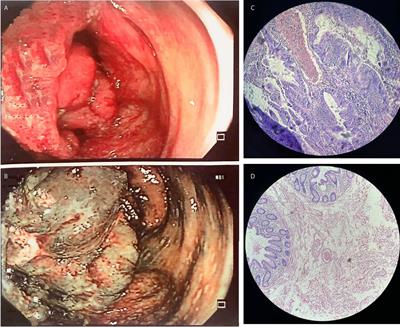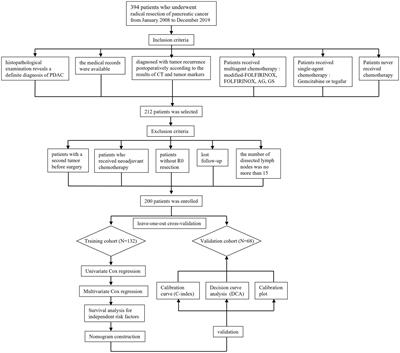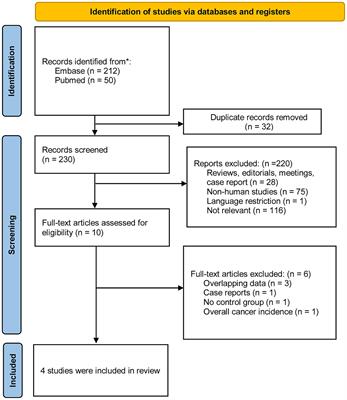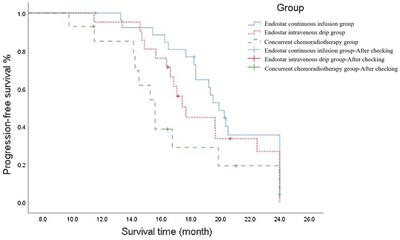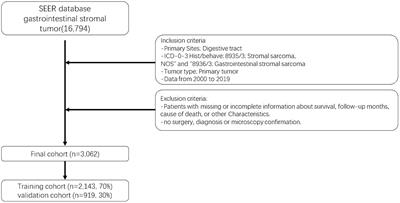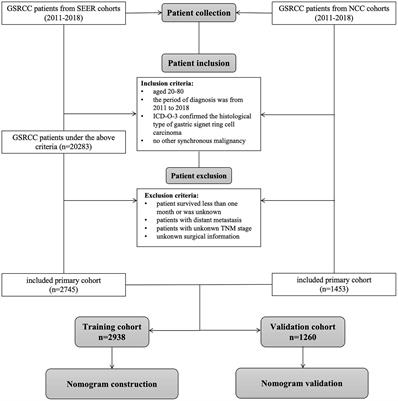STUDY PROTOCOL
Published on 20 Mar 2025
Sijunzi decoction granules for the treatment of advanced refractory colorectal cancer: study protocol for a multicenter, randomized, double-blind, placebo-controlled trial
doi 10.3389/fmed.2025.1523913
- 257 views
